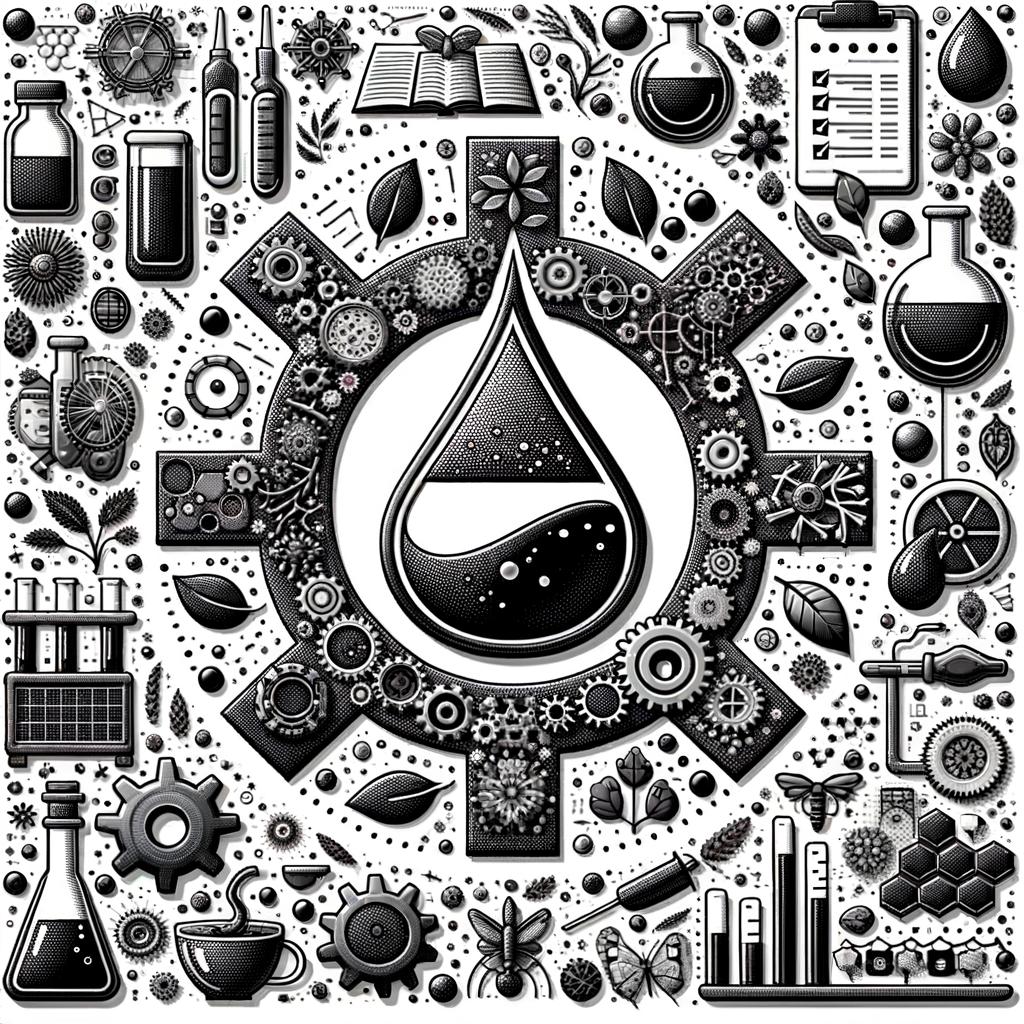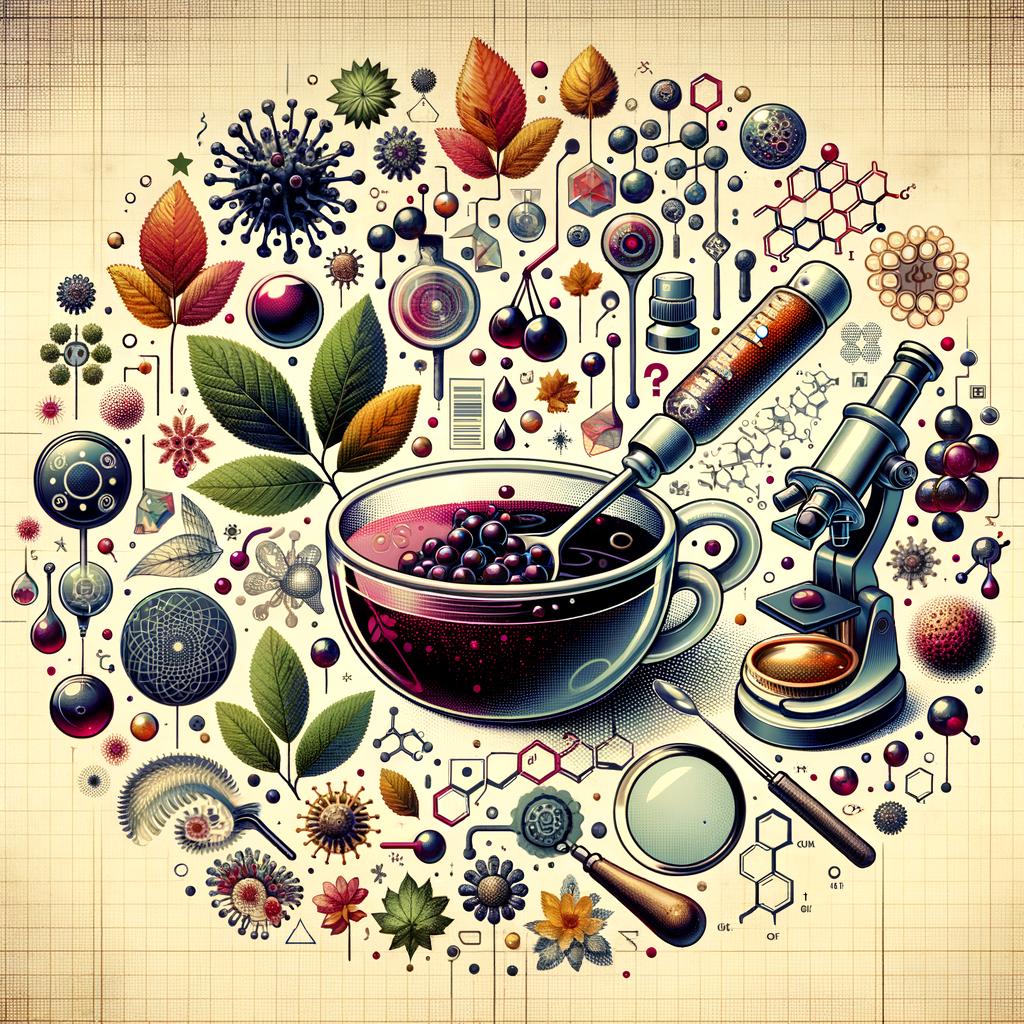
Introduction: What You Need to Know About Elderberry Syrup Safety
Are you sitting on the fence, contemplating whether that bottle of elderberry syrup that’s been in the corner of your cabinet has seen better days? Well, you’re in the right place! The first and fast fact you should know is - yes, elderberry syrup can go bad. The nitty-gritty of how to tell if it has turned the corner to the dark side, that’s a different bowl of berries. That’s exactly what we’re diving into today in this detailed, all-inclusive article.
Sniffing Out the Truth: The Aroma Test
Your nose knows best. This might sound a bit cheeky, but it’s the plain truth. One of the most reliable ways to tell if your elderberry syrup has gone bad is to perform a good ol’ sniff test. If your syrup emits an off-putting or funky odour, it’s time to bid it farewell. Not every elderberry syrup will have the same scent when fresh, but you’ll typically pick up sweet, fruity notes with a hint of earthiness. If it smells like anything but this, then it’s adios amigo!
Playing Detective: The Visual Examination
Believe it or not, your peepers can be pretty useful too in this investigation. Your elderberry syrup should be a rich, dark purple liquid. If you notice any significant changes in its color or consistency, such as a lighter hue or an unusually thick texture, then toss it. What’s more, if there’s any mold formation or strange particles floating about, that’s a clear-cut sign it’s past its prime.
Sensing Trouble: Taste and Texture
If you’re still unable to make sense of the situation after the sniff and sight test, the last resort is a tiny taste test. (Please ingest cautiously). If the syrup tastes off, bitter, or sour, then it’s bad news bears. You should expect a sweet, tangy flavor from a crisp and fresh elderberry syrup.
Mad About Maths: Checking the Expiry Date
Sometimes, it’s not about sensory detection but simple arithmetic. Check the use-by date on the bottle. Elderberry syrup usually lasts anywhere from one to two years when unopened. But once you crack the bottle open, usually you’ve got about three months to use it up, if it’s kept in the fridge. If the date’s up, it’s simple; it’s time to chuck it.
Conclusion: The Bitter-Sweet Truth
To wrap it up, let’s face it, the not-so-sweet truth is that elderberry syrup can go bad. However, with your newly honed skills in elderberry syrup examination techniques, you’re now far more prepared to pick up on staleness or spoilage. Remember, your nose, eyes, and taste buds are your best friends in this quest. More importantly, when in doubt, throw it out!
Frequently Asked Questions
1. Can elderberry syrup cause food poisoning if it’s gone bad?
Yes. If consumed, bad elderberry syrup can lead to food poisoning symptoms such as stomach upset, nausea, or diarrhea. When in doubt, it’s best to err on the side of caution and not consume it.
2. What is the shelf life of homemade elderberry syrup?
Homemade elderberry syrup typically lasts between two and three months if properly refrigerated. However, this can vary based on the specific recipe and storage conditions.
3. How should I store my elderberry syrup to ensure it stays fresh?
For optimal freshness, elderberry syrup should be stored in a cool, dark place. Once opened, it’s best to keep it refrigerated.
4. Can frozen elderberry syrup go bad?
While freezing does significantly extend the shelf life of elderberry syrup, it doesn’t make it impervious to spoilage. Always perform the necessary check-ups before consumption.
5. What happens if I consume elderberry syrup after the expiration date?
If the syrup has been properly stored and doesn’t exhibit any signs of spoilage, you might be safe. However, it’s always better to play it safe and avoid consuming expired products.


